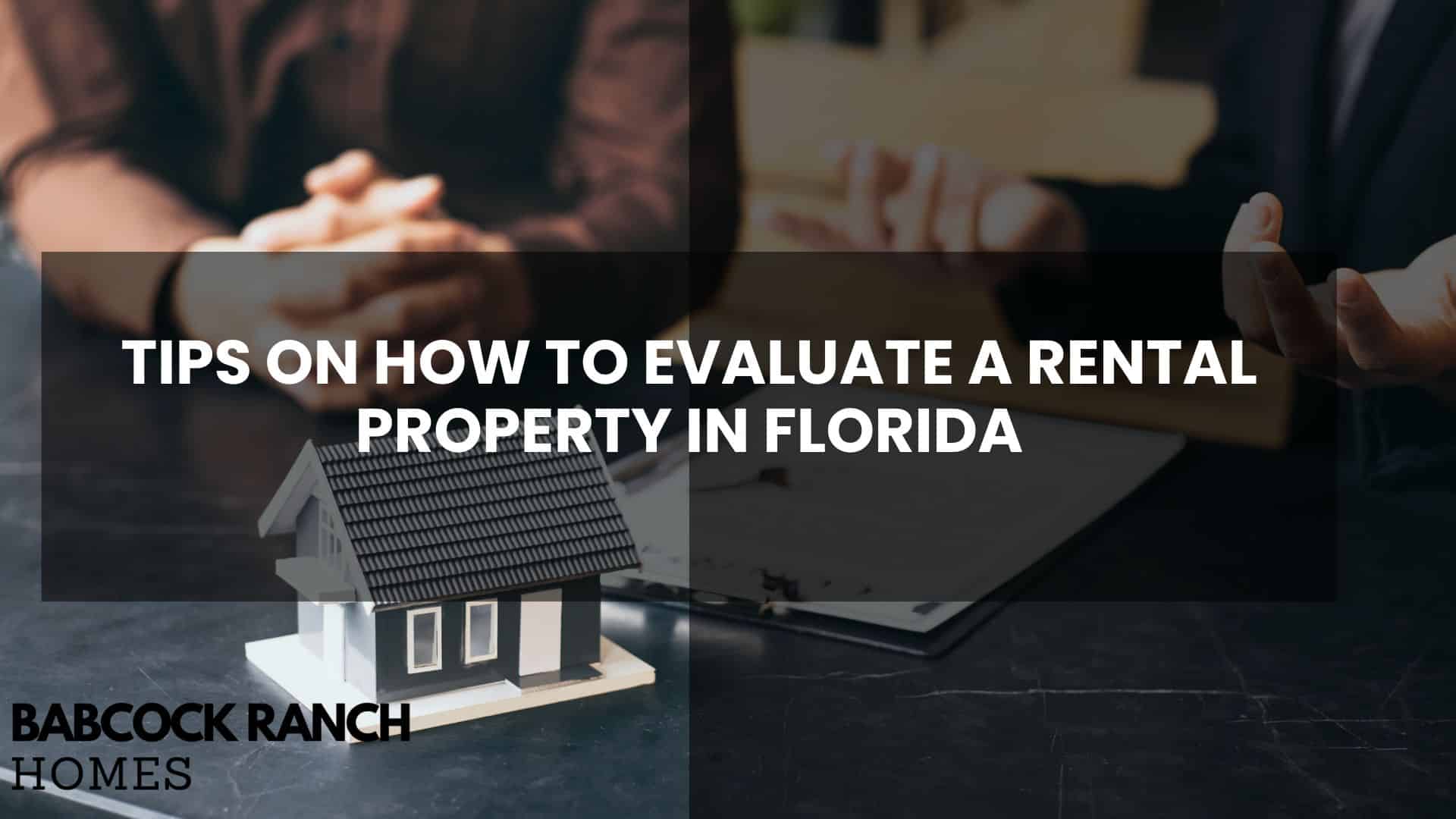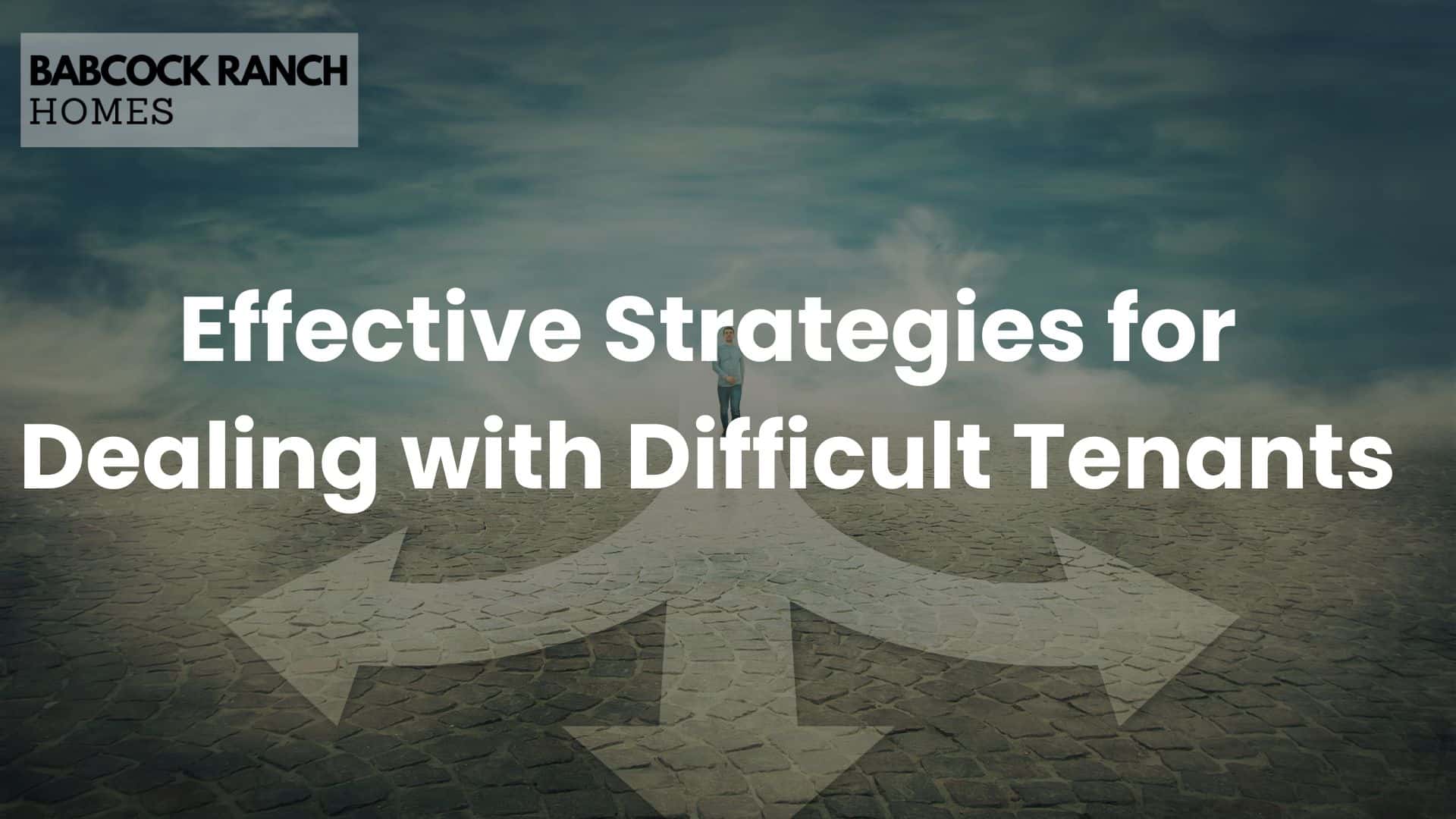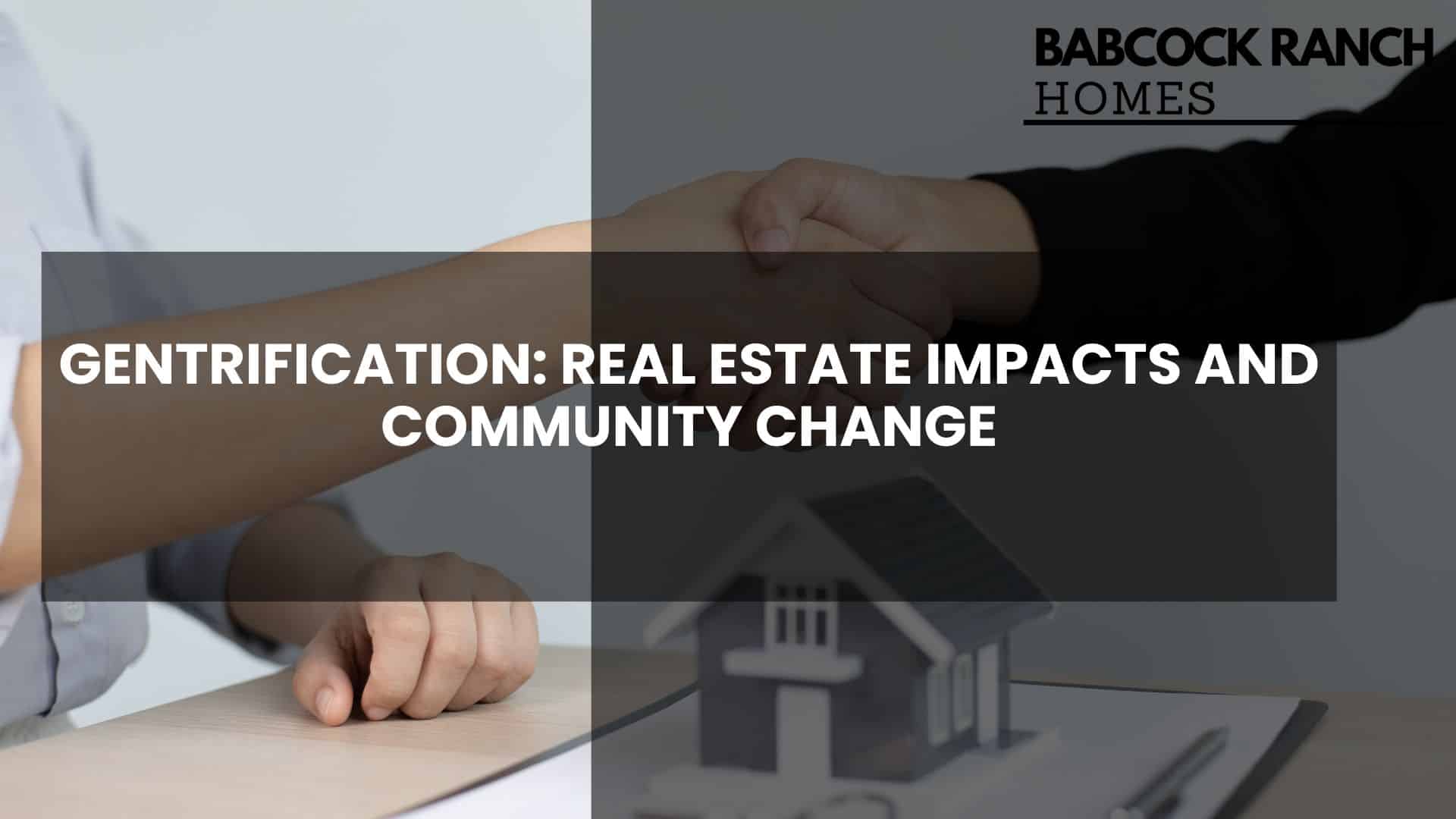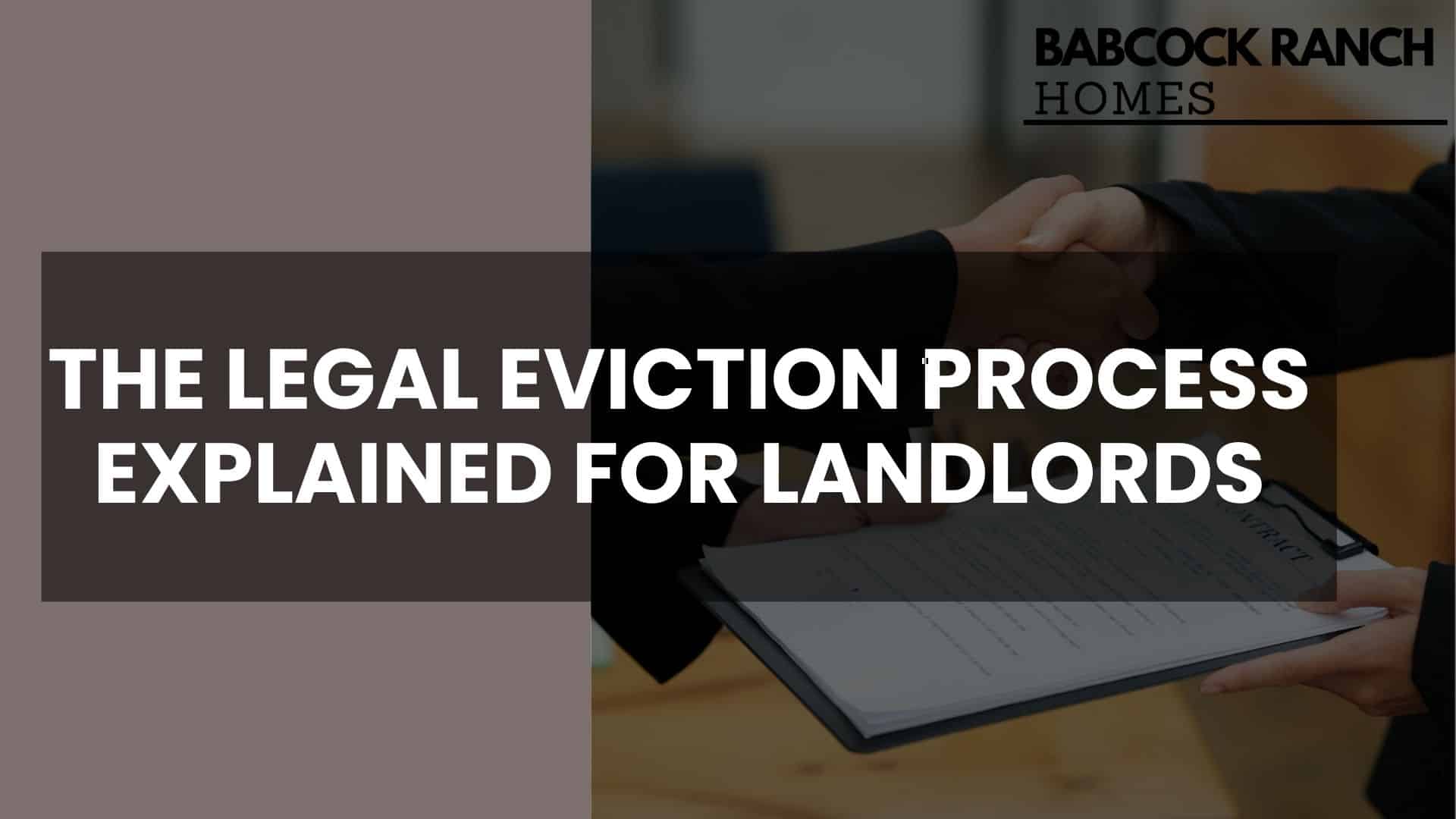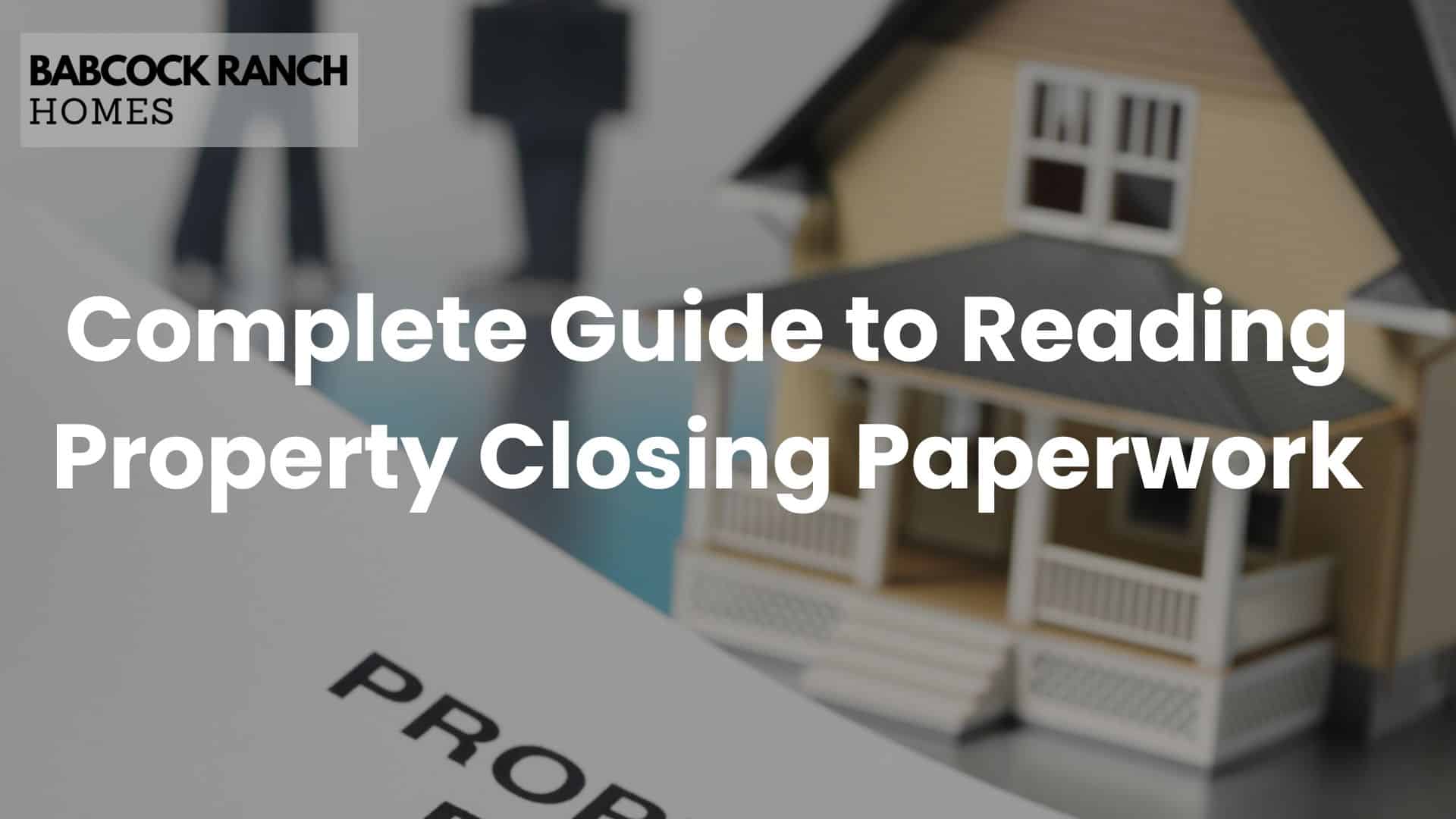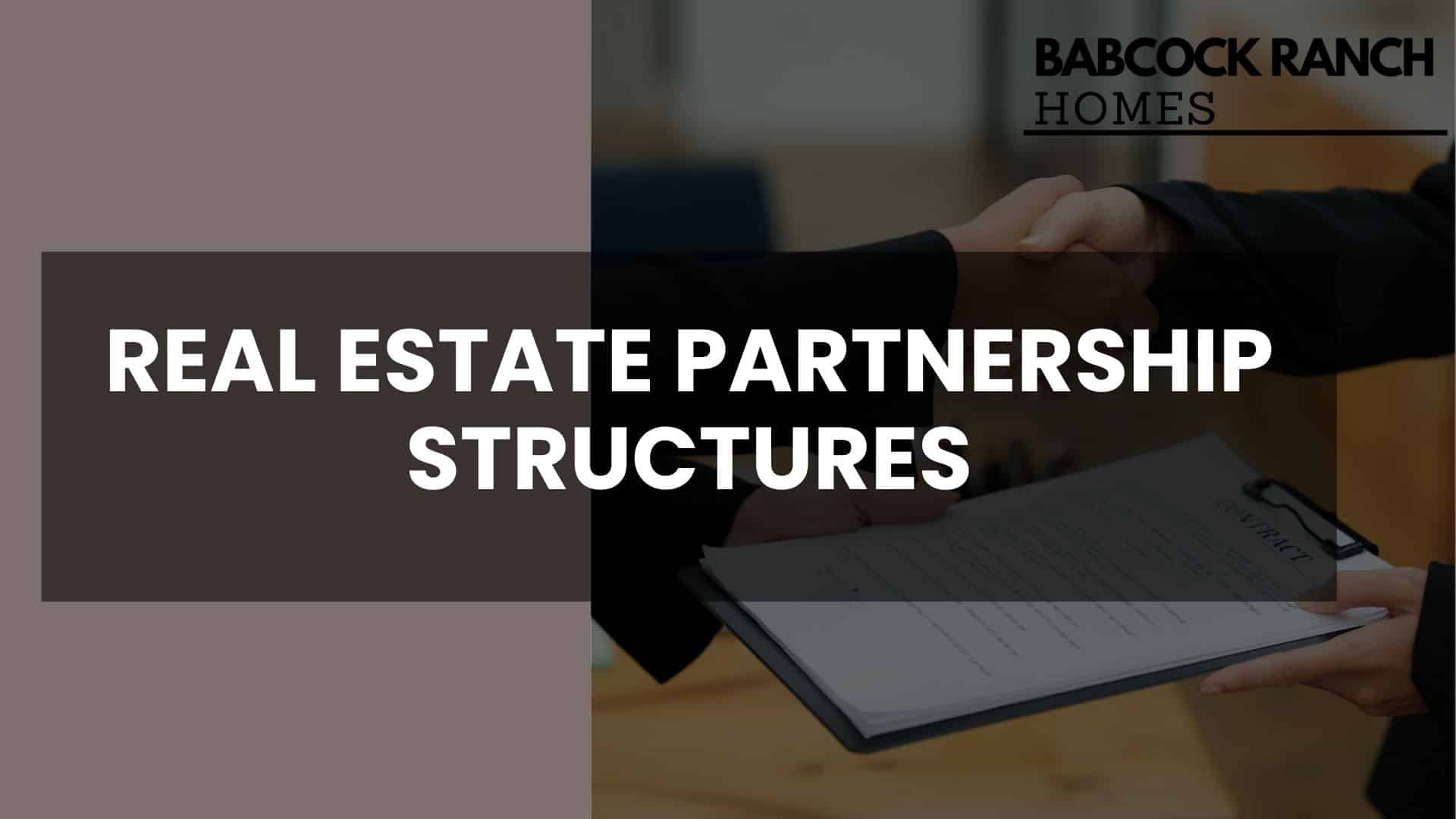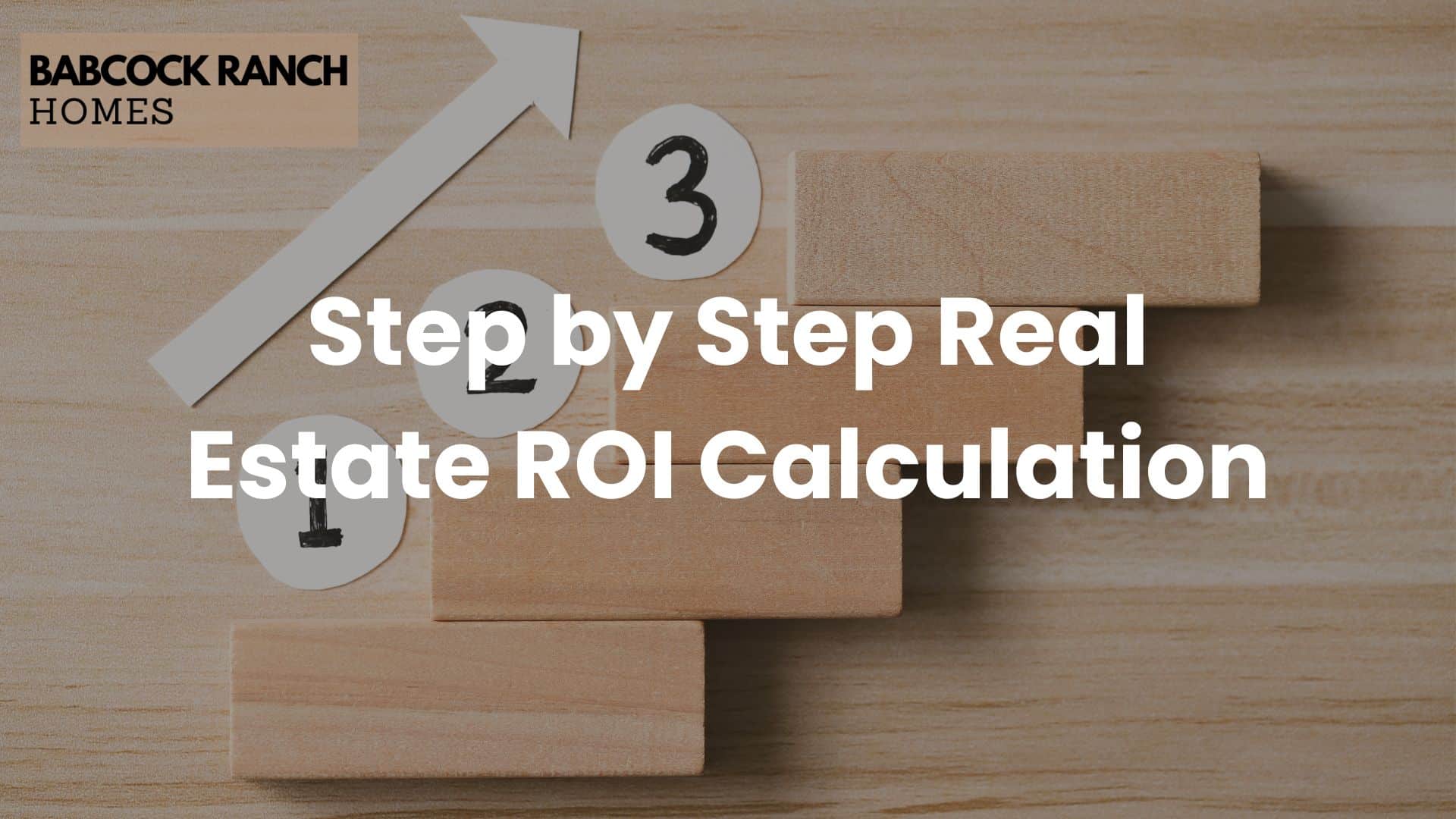Embarking on the journey of renting an apartment can be fraught with uncertainty. This home buyers guide serves as a beacon, illuminating the path with critical inquiries one must pose while inspecting potential homes. From dissecting lease terms and rental costs to scrutinizing the condition of the kitchen and the efficiency of the air conditioning, this article equips readers with the knowledge to make informed decisions. It addresses the common dilemma of unexpected expenses and maintenance woes that many face when moving to a new place. By the end of this guide, readers will have a comprehensive checklist that ensures their next move is as seamless and satisfying as possible.
Key Takeaways
- Prospective tenants should clarify what expenses are included in the rent
- Initial costs like security deposits and application fees can impact overall affordability
- Understanding lease terms, such as duration and early termination policies, is crucial for financial planning
- Inquiring about maintenance and emergency repair protocols ensures a well-cared-for living environment
- Assessing neighborhood safety and amenities helps determine the suitability of the apartment
Understanding Lease Terms and Rental Costs
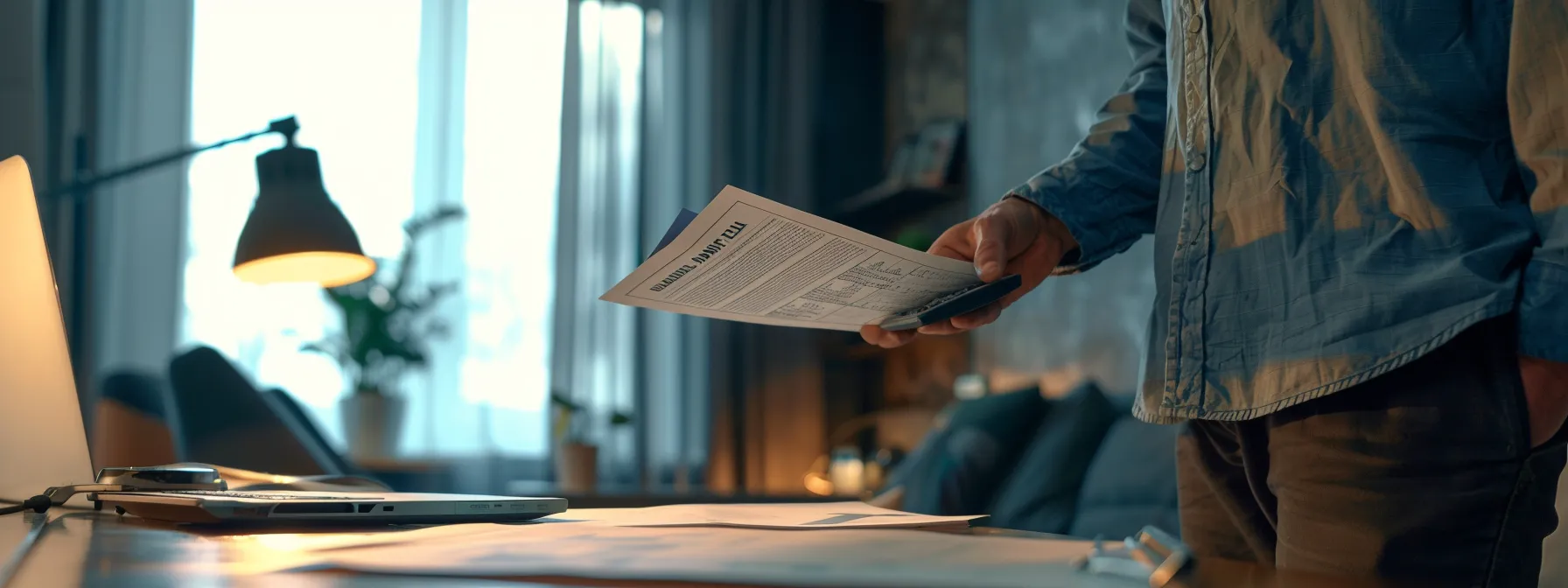
When touring an apartment, prospective tenants must scrutinize lease terms and rental costs to ensure they align with their budget and requirements. Key considerations include the monthly rent and included expenses, such as internet and management fees. One must also inquire about any upfront fees or security deposits, the lease duration, renewal options, and the implications of early termination. Additionally, understanding the necessity of renter’s insurance is crucial. These topics are vital for tenants to avoid unexpected costs and to secure a living arrangement that meets their needs without smoke and mirrors. For more information, refer to the home buyers guide.
What Is the Monthly Rent, and What Expenses Does It Cover?
When evaluating the monthly rent for a space, it is essential for prospective tenants to clarify what expenses are included to assess the affordability of the housing. The rent often covers the basic use of the property, but it is prudent to ask if utilities, such as water and electricity, or amenities like a gym or pool, are additional costs. One should also inquire about the grace period for late payments and if there are extra fees for pet owners. This information helps tenants manage their cash flow effectively and avoid any financial surprises after moving in:
| Expense Category | Included in Rent | Additional Cost |
|---|---|---|
| Basic Rent | Yes | – |
| Utilities (Water, Electricity) | Varies | Varies |
| Amenities (Gym, Pool) | No | Yes |
| Internet | No | Yes |
| Pet Fees | No | Yes |
| Late Payment Grace Period | N/A | Varies |
Are There Any Upfront Fees or Security Deposits Required?
Prospective tenants should inquire about any initial costs that may be required before moving into an apartment. These can include application fees, which often cover the cost of a background check, and a security deposit, typically equivalent to one month’s rent, intended to cover potential damages. It is also wise to ask if there are additional fees for amenities or if renters insurance is mandatory, as this can affect the overall affordability. Understanding these expenses is crucial for budgeting and ensures tenants are not caught off guard by unexpected financial obligations:
| Fee Type | Typical Cost | Notes |
|---|---|---|
| Application Fee | Varies | Covers background checks |
| Security Deposit | One month’s rent | May be refundable |
| Amenity Fees | Varies | For gym, pool access, etc. |
| Renters Insurance | Varies | Often required |
Additionally, it is important for individuals to consider the potential for noise in their new living space. Questions regarding soundproofing between units, designated quiet hours, and the general noise level of the neighborhood can help ensure a peaceful living environment, which is especially significant for those sensitive to noise or working from home. Clarifying these details before signing a lease can prevent dissatisfaction and discomfort in the long term.
What Is the Length of the Lease Agreement, and Are There Options to Renew?
When touring a potential new home, one of the critical questions to ask when touring an apartment is the duration of the lease agreement. Prospective tenants should confirm with the landlord whether the contract spans six months, a year, or another term, as this impacts their commitment and flexibility. Additionally, it’s prudent to discuss renewal options, including any changes to the rent or terms that might occur upon extension. This knowledge is a significant factor in financial planning and can influence the decision to select a particular property, especially if the tenant requires stability or anticipates a need to relocate in the near future.
What Are the Policies and Penalties for Early Lease Termination?
Understanding the policies and penalties for early lease termination is a critical aspect of renting an apartment. Prospective tenants should inquire about the conditions under which they may end their lease prematurely, such as in the case of an emergency or if moving is necessitated by a job relocation. Landlords typically require notice and may impose fees to compensate for the lost rental income. It’s also wise to ask if subletting is permitted as an alternative to breaking the lease. This knowledge is essential for tenants to manage their commitments and financial responsibilities effectively, particularly when unexpected life changes occur, such as a sudden need to move closer to family or a new workplace:
| Termination Reason | Notice Required | Penalty/Fee | Subletting Option |
|---|---|---|---|
| Job Relocation | Yes | Varies | Varies |
| Emergency | Varies | Varies | Varies |
| Personal Reasons | Yes | Varies | Varies |
Additionally, tenants should verify if the lease includes a clause that allows for termination without penalty under specific circumstances, such as military deployment. It is also advisable to review the lease agreement for any required proof, like an insurance claim or employer’s letter, to validate the reason for early departure. This preparation ensures that tenants are not only informed about their options but also equipped to handle the logistics of laundry services, moving arrangements, and other related tasks with minimal stress and financial impact.
Is Renter’s Insurance a Requirement for Tenants?
Prospective tenants should verify whether the rental agreement mandates renter’s insurance, as this policy safeguards personal belongings against unforeseen events like theft or flood damage. Landlords often require this insurance to protect their property and ensure that tenants have coverage, which can also positively influence a tenant’s credit and serve as a reference for future housing opportunities. It is essential for individuals to understand the specifics of the required insurance policy, including coverage limits and deductibles, to ensure they are adequately protected and in compliance with their lease obligations.
Once you grasp the lease terms and costs, it’s time to inspect the living space. A thorough look at the apartment’s condition and the promise of upkeep can save you future headaches.
Evaluating the Apartment’s Condition and Maintenance Services
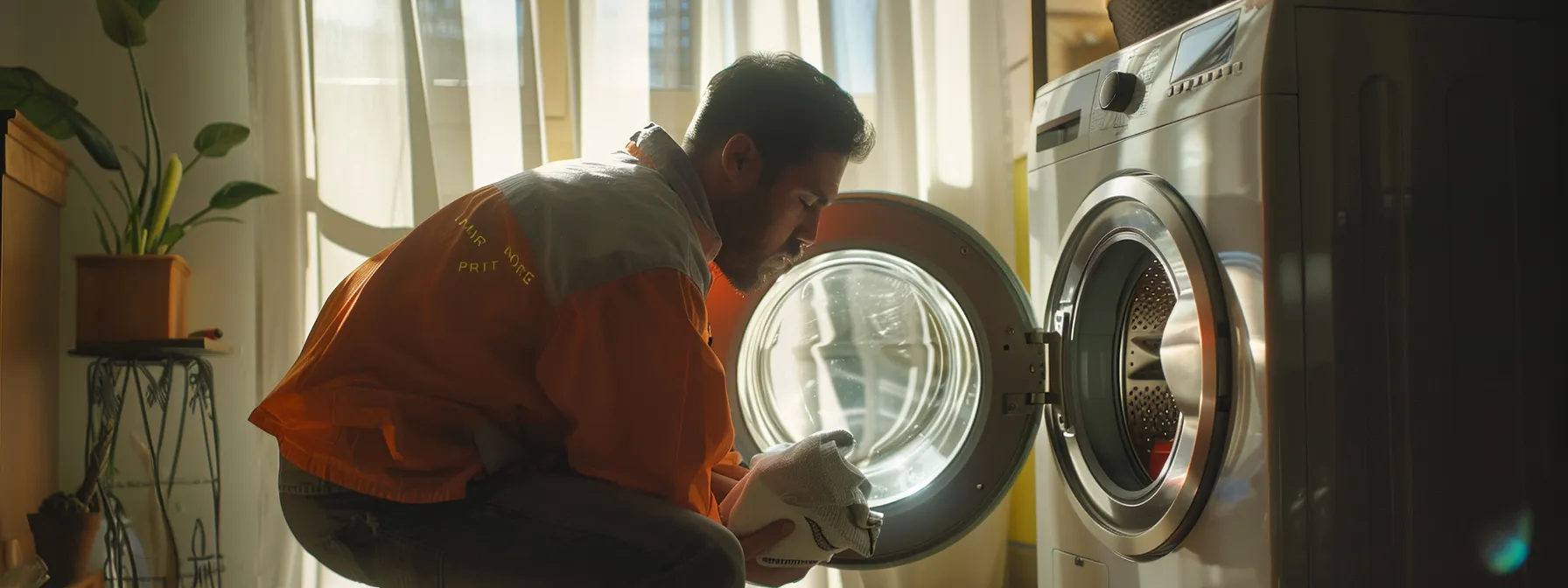
Before committing to a new home, it is imperative for prospective tenants to assess the apartment’s condition and the efficiency of maintenance services. One should inspect for any pre-existing damages or issues, such as a malfunctioning washing machine, which could lead to potential eviction if not addressed. Understanding how maintenance requests are managed, including response times and the handling of emergency repairs, is crucial. Tenants must also clarify responsibilities regarding appliance repairs and replacements, as well as inquire about regular pest control measures to ensure a comfortable living environment. These inquiries can help avoid unexpected fees and ensure the building is up to par with construction standards.
Are There Any Existing Issues or Damages Within the Apartment?
During an apartment tour, it is imperative for prospective tenants to inquire about any pre-existing issues or damages within the property. This step is not only about assessing the current state but also about understanding the landlord‘s policy on addressing these concerns. For instance, proximity to public transport may increase the likelihood of wear and tear, and the real estate management‘s commitment to timely repairs is crucial. Tenants should also verify the frequency and effectiveness of pest control measures, as well as the policy on late payment fees, to ensure they are not responsible for previous tenants’ damages and that the living space will remain well-maintained.
| Issue/Damage Type | Present in Apartment | Landlord’s Policy |
|---|---|---|
| Wear and Tear | Check during tour | Repair responsibilities |
| Pest Control | Regular schedule | Maintenance effectiveness |
| Late Payment | N/A | Fees and grace period |
How Are Maintenance Requests Handled, and What Is the Typical Response Time?
During an apartment tour, it is essential to inquire about the process for submitting maintenance requests and the expected timeframe for responses. Prospective tenants should ask specific apartment tour questions regarding the management‘s commitment to addressing repairs, whether it’s a leaky faucet or a malfunctioning air conditioner. This information is crucial as it affects one’s quality of life and can be a deciding factor for those with roommates or specific utility needs. A clear understanding of maintenance protocols provides peace of mind and ensures that the property is well-cared for, reflecting the landlord‘s dedication to tenant satisfaction.
Who Is Responsible for Appliance Repairs and Replacements?
During an apartment tour, it is imperative to clarify who bears the responsibility for appliance repairs and replacements. This detail is crucial as it can significantly impact a tenant’s budget and living experience. A well-informed tenant will confirm whether the landlord or management company handles maintenance issues or if the tenant is expected to manage and finance these repairs. This knowledge not only prepares tenants for potential expenses but also provides insight into the landlord‘s commitment to maintaining the property‘s standards and tenant satisfaction.
What Is the Procedure for Emergency Repairs Outside of Regular Hours?
Understanding the procedure for emergency repairs outside of regular business hours is a critical aspect of apartment living. Prospective tenants should inquire about the availability of a 24-hour maintenance service and the protocol for contacting them in the event of an urgent issue, such as a burst pipe or electrical outage. This information is not only essential for ensuring timely solutions to potentially hazardous problems but also provides insight into the landlord‘s commitment to tenant safety and the overall quality of the living experience.
Is Regular Pest Control Service Provided for the Building?
Prospective tenants should confirm whether the building management provides regular pest control services, as this is a critical factor in maintaining a healthy and comfortable living environment. A building with a scheduled pest control program demonstrates the landlord‘s proactive approach to upkeep and tenant well-being. This service is particularly important in Florida’s climate, where pests can be a common issue, and regular treatments are necessary to prevent infestations. Ensuring this service is in place can offer peace of mind and contribute to the overall quality of life in the apartment.
Inspecting the apartment reveals its bones; what lies beneath the surface tells its own story. Now, let’s turn our attention to the lifeblood of daily comfort—the utilities and amenities that come with your potential new home.
Assessing Utilities and Included Amenities

When considering an apartment, it’s essential to understand the utilities and amenities included in the rental agreement. Prospective tenants should determine which utilities are part of the rent and which will incur additional charges. This section will also explore the average costs for utilities not covered by rent, the on-site amenities available to residents, any extra fees for communal facilities, and the management of parking for both residents and their guests. These factors significantly influence the overall value and convenience of an apartment, making them critical considerations during the selection process.
Which Utilities Are Included in the Rent, and Which Are the Tenant’s Responsibility?
When touring an apartment, it’s imperative for prospective tenants to clarify which utilities are included in the monthly rent and which are their responsibility. This distinction is crucial as it directly affects the affordability and budgeting for the new living space. For instance, while some landlords may cover water and trash removal, tenants might find themselves responsible for electricity, gas, and internet services. A clear understanding of these details helps tenants prepare for their financial obligations and ensures they can comfortably manage their monthly expenses:
- Water: Often included in rent, but confirmation is necessary.
- Electricity: Typically the tenant’s responsibility, with costs varying by usage.
- Gas: May or may not be included; dependent on the apartment’s amenities.
- Internet/Cable: Usually an additional cost borne by the tenant.
- Trash Removal: Commonly covered by the landlord, but should be verified.
What Are the Average Costs for Utilities Not Covered by Rent?
Prospective tenants must consider the average costs for utilities not included in the rent, as these expenses can significantly impact their monthly budget. In Florida, for example, electricity may range from $100 to $200 monthly, depending on usage and the size of the apartment. Internet services typically add another $50 to $100 to monthly expenses. It is advisable for individuals to request historical utility bills from the landlord to gauge expected costs more accurately:
| Utility | Average Monthly Cost |
|---|---|
| Electricity | $100 – $200 |
| Internet | $50 – $100 |
| Gas (if applicable) | $20 – $50 |
| Water & Sewer (if not included) | $50 – $70 |
| Trash Removal (if not included) | $10 – $30 |
What Amenities Are Available on-Site for Residents?
When touring an apartment, it is essential for residents to inquire about the on-site amenities available, as these features can significantly enhance their living experience. Prospective tenants should ask about the availability of fitness centers, swimming pools, community spaces, and laundry facilities. The presence of these amenities not only offers convenience but also can foster a sense of community and well-being among residents. It is important for individuals to consider how these facilities align with their lifestyle needs and whether their use incurs additional fees.
Are There Any Additional Fees for Using Communal Facilities?
When exploring an apartment complex, it is essential for prospective residents to inquire about any additional fees associated with the use of communal facilities. These amenities, such as swimming pools, fitness centers, and lounges, often enhance the appeal of a property, but unexpected costs can impact one’s budget. A clear understanding of any extra charges for amenities allows individuals to accurately evaluate the total value of the apartment and make an informed decision that aligns with their financial and lifestyle preferences.
How Is Parking Managed for Residents and Guests?
When touring an apartment, it is essential to inquire about the parking arrangements for both residents and their guests. Prospective tenants should ask if parking spaces are assigned, the number of spots available per unit, and any associated costs. Additionally, understanding the policy for guest parking can prevent future inconveniences, ensuring visitors have a place to park without disrupting the community or incurring fines. This information is crucial as parking availability and management can significantly impact daily life and the overall satisfaction with the apartment.
Utilities and amenities set the stage for a comfortable life in your new Florida home. Now, let’s turn to the rules that shape daily living, from hanging pictures to welcoming four-legged companions.
Clarifying Policies on Decorations and Pet Ownership
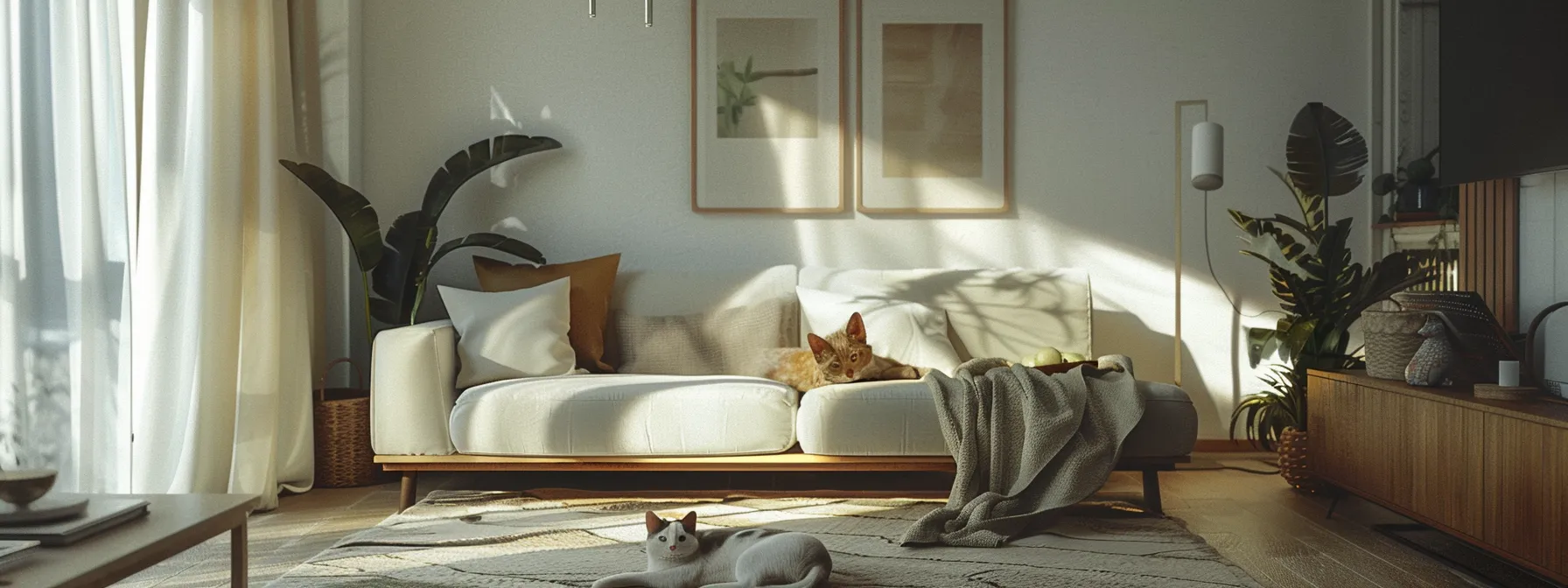
When touring an apartment, it’s crucial to inquire about personalization and living arrangements. Prospective tenants should understand the policies on interior modifications, pet ownership, and associated fees. Additionally, knowledge of noise level restrictions, roommate and subletting guidelines, and the smoking policy within the apartment and common areas is essential. These factors can significantly influence one’s living experience and are key considerations before signing a lease.
Are Tenants Permitted to Make Modifications or Decorate the Apartment?
Prospective tenants must inquire about the apartment’s policy on interior modifications and decorations during their tour. It is essential to determine whether the landlord permits changes such as painting walls, installing shelves, or hanging artwork, as these personal touches can transform an apartment into a home. Understanding these policies helps tenants plan for their living space and avoid potential disputes or loss of security deposits due to unauthorized alterations.
- Painting walls: Confirm if color changes are allowed or if walls must remain neutral.
- Installing fixtures: Check if you can add shelves or lighting without damaging the property.
- Hanging decorations: Understand the rules for using nails or adhesive hooks to hang pictures and decor.
What Is the Policy Regarding Pet Ownership, and Are There Any Associated Fees?
Prospective tenants must inquire about the apartment’s policy on pet ownership, as this can significantly affect their decision to rent. It is essential to determine if pets are allowed, any breed or size restrictions, and the associated costs, such as pet deposits or monthly pet rent. These fees are typically in place to cover potential damages caused by pets and may vary depending on the property:
| Pet Policy Detail | Description | Associated Fees |
|---|---|---|
| Pet-Friendly Status | Allowed/Not Allowed | – |
| Breed/Size Restrictions | Specific limitations | – |
| Pet Deposit | One-time payment | Varies |
| Monthly Pet Rent | Recurring fee | Varies |
Understanding these policies and fees is crucial for pet owners to ensure their furry companions are welcome and to budget for any additional costs. This clarity helps avoid any surprises and ensures a harmonious living situation for both the tenant and the property management.
Are There Restrictions on Noise Levels or Designated Quiet Hours?
Prospective tenants should inquire about noise level restrictions and designated quiet hours within the apartment complex. This information is crucial for those who value tranquility or have unconventional work hours, ensuring their home environment aligns with their lifestyle. A clear understanding of these policies helps maintain harmony among residents and prevents potential conflicts, contributing to a peaceful living experience.
Can Tenants Have Roommates or Sublet the Apartment During the Lease?
Prospective tenants must inquire about the apartment’s policy regarding roommates and the possibility of subletting during the lease term. This information is critical for those who may need to share living expenses or consider temporary relocation. A clear understanding of these policies ensures that tenants can make informed decisions about their living arrangements and adhere to the terms of their lease, avoiding potential legal or financial repercussions.
What Is the Smoking Policy Within the Apartment and Common Areas?
Prospective tenants must address the smoking policy during an apartment tour, as this can significantly impact their living experience and comfort. It is essential to determine if the building is smoke-free or if there are designated smoking areas, and how these rules apply to both private spaces and common areas like balconies, courtyards, and lounges. This understanding helps residents ensure their health and lifestyle preferences are respected, and it maintains the property‘s appeal for all occupants:
- Identify if the apartment and building are entirely smoke-free.
- Ask about designated smoking areas and their locations.
- Understand how smoking policies are enforced and any associated penalties.
Understanding the rules for living spaces is just the beginning. Now, let’s ensure the foundation of your home is as solid as the walls that hold your cherished photos and your pet‘s favorite corner.
Investigating Safety and Security Measures
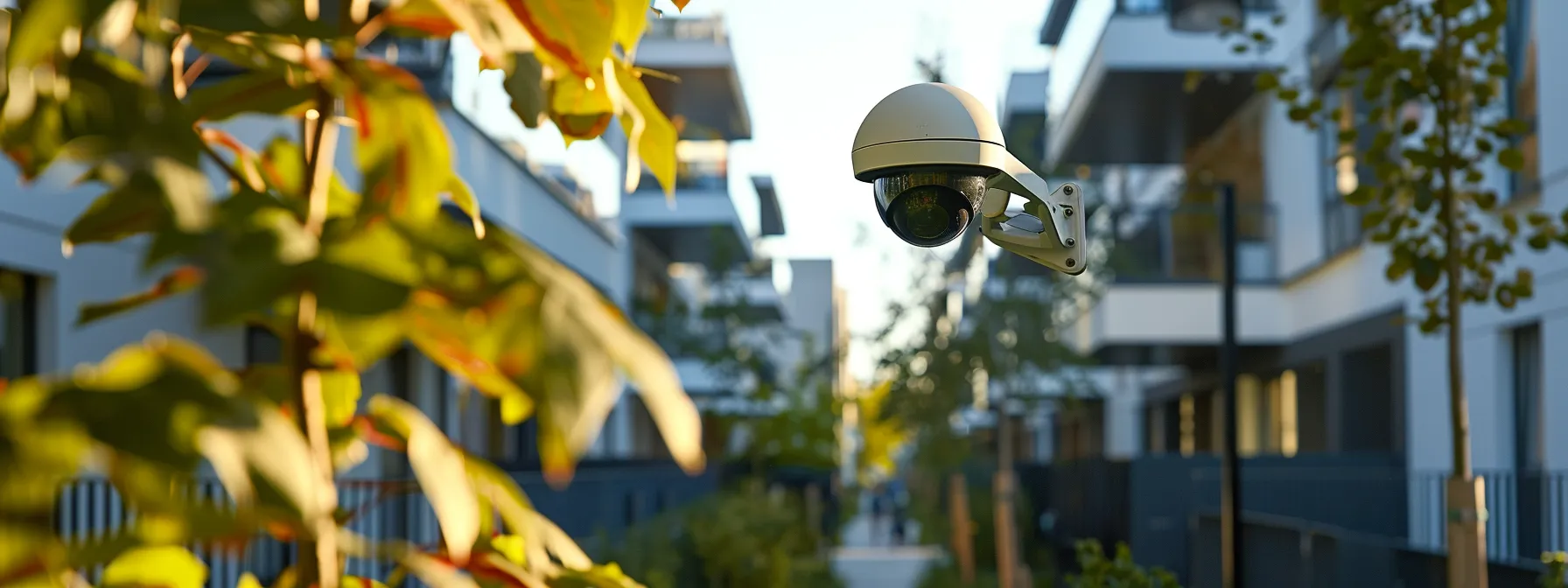
When considering a new apartment, safety and security are paramount. Prospective tenants should thoroughly investigate the security features of both the apartment and the building. This includes understanding how management responds to safety concerns, the presence of on-site security personnel or surveillance systems, the protocols for securing mail and packages, and the general safety of the surrounding neighborhood. Each of these aspects plays a critical role in ensuring a secure living environment and peace of mind for residents.
What Security Features Are Installed in the Apartment and Building?
When touring an apartment, it is imperative to inquire about the security features present within the unit and the building at large. Prospective tenants should seek information on the existence of deadbolt locks, security cameras, and controlled access systems that ensure only residents and authorized individuals can enter the premises. Additionally, the presence of security personnel or an on-call system for emergencies can significantly contribute to a tenant’s sense of safety and security in their potential new home.
How Does Management Address Safety Concerns Reported by Residents?
When touring an apartment, it is essential to understand how management addresses safety concerns reported by residents. Prospective tenants should inquire about the process for reporting issues, the typical response time, and the track record of resolved incidents. This information is crucial as it reflects the management‘s commitment to resident safety and the effectiveness of their response system. A robust and efficient approach to handling safety concerns can significantly enhance the living experience and provide peace of mind for tenants:
| Concern Type | Reporting Process | Response Time | Resolution Follow-up |
|---|---|---|---|
| Security Breach | Immediate notification to management | Within 24 hours | Incident review and security update |
| Maintenance Hazard | Submission through online portal or office visit | 1-2 business days | Repair verification and safety assurance |
| General Safety Concern | Direct communication with on-site staff | Varies based on urgency | Regular updates until issue is resolved |
Moreover, the presence of a dedicated security team or a 24-hour emergency contact can be indicative of a proactive stance towards resident safety. Tenants should feel confident that their well-being is a priority and that any concerns will be addressed promptly and effectively.
Is There on-Site Security Staff or Surveillance Systems in Place?
When touring an apartment, it is essential to inquire about the presence of on-site security staff and surveillance systems. These security measures are critical for ensuring the safety of residents and the protection of the property. Prospective tenants should ask for details about the surveillance coverage areas, the hours security personnel are on duty, and the protocols in place for responding to security incidents. This information not only contributes to a sense of safety but also demonstrates the management‘s commitment to maintaining a secure environment.
How Are Packages and Mail Deliveries Secured for Residents?
Securing packages and mail deliveries is a significant concern for residents in any living community. Prospective tenants should inquire about the measures in place to protect these items, such as secured mailrooms, parcel lockers, or a concierge service that receives deliveries. This aspect of apartment security not only safeguards personal belongings but also provides convenience and peace of mind, knowing that online purchases and sensitive mail are handled with care and kept secure until residents can retrieve them.
What Is Known About the Safety of the Surrounding Neighborhood?
When considering a new apartment, prospective tenants should inquire about the safety of the surrounding neighborhood, as this directly impacts their quality of life and peace of mind. It is advisable to research local crime rates, ask the landlord or property manager about neighborhood watch programs, and observe the general upkeep and lighting of nearby streets and public spaces. This information is crucial for tenants to feel secure in their new home and community.
Safety is not just locks on doors or the patrol of the night watchman. It extends beyond, to the heartbeat of the community and the rhythm of the streets that surround it.
Learning About the Community and Surrounding Area
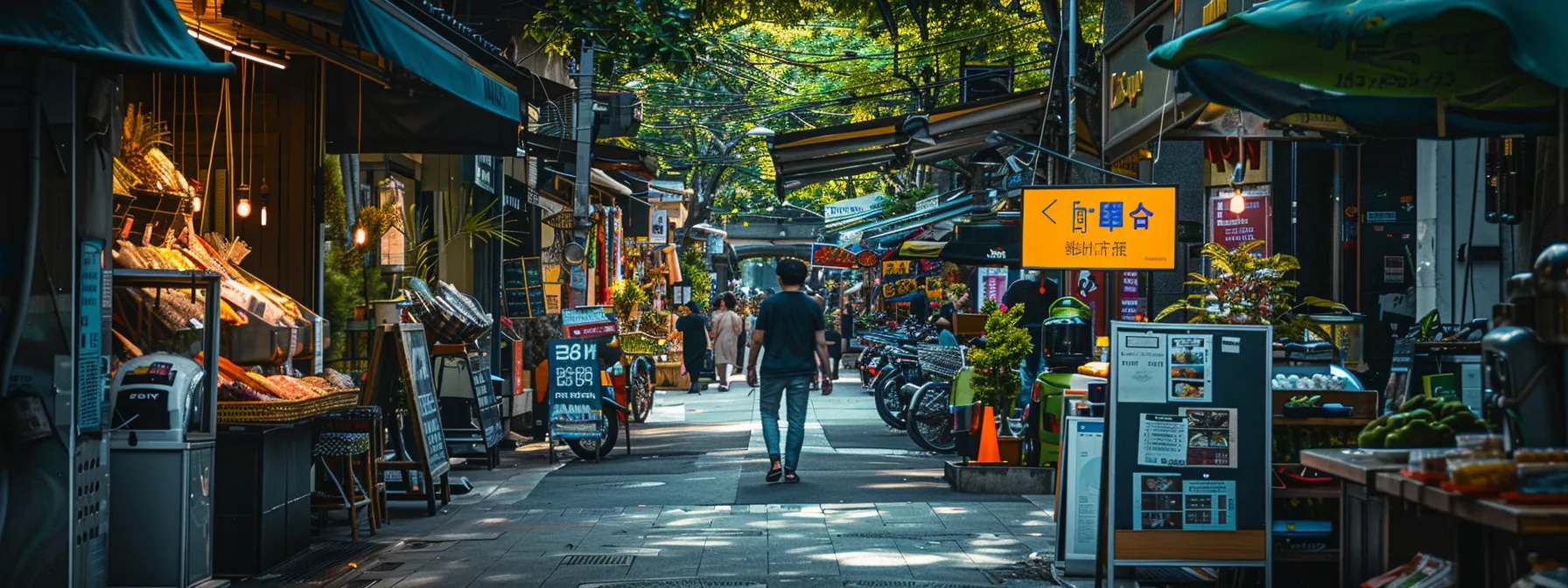
Exploring the community and surrounding area is a critical step when touring an apartment. Prospective residents should assess nearby conveniences and services, including grocery stores, healthcare facilities, and entertainment options. Accessibility to public transportation is also a key factor, as it impacts daily commutes and mobility. Additionally, awareness of any planned developments can provide insight into future changes in the area. Understanding the general atmosphere and noise level helps gauge the suitability of the community for one’s lifestyle. Lastly, inquiring about events or activities organized by management can reveal the level of community engagement fostered within the apartment complex.
What Conveniences and Services Are Available Nearby?
When touring an apartment, it is essential to inquire about the conveniences and services available in the vicinity. Proximity to grocery stores, medical centers, schools, and public transportation can significantly impact daily life. A well-located apartment offers not only practicality but also enhances the overall living experience by reducing travel time and providing easy access to essential amenities:
- Local grocery stores and shopping centers for daily necessities.
- Healthcare facilities, including hospitals and clinics.
- Educational institutions for families with children.
- Public transportation options for convenient commuting.
- Parks and recreational areas for leisure and exercise.
Prospective residents should consider these factors carefully, as they contribute to a comfortable and convenient lifestyle, ensuring that the chosen apartment aligns with their needs and preferences.
Which Public Transportation Options Are Accessible From the Location?
When evaluating an apartment’s location, prospective residents should prioritize understanding the public transportation options available. Accessibility to buses, trains, or subways can drastically reduce commute times and transportation costs, making it a critical factor for those who rely on public transit. It’s beneficial to note the proximity to transit stops, the frequency of service, and the connectivity to major areas of interest:
- Distance to the nearest bus stop or train station.
- Schedules and frequency of public transportation services.
- Accessibility to main thoroughfares and employment hubs.
Are There Any Planned Developments That Might Affect the Area?
Prospective tenants should inquire about any planned developments in the area that could influence their living experience. Upcoming construction projects or zoning changes can affect noise levels, traffic patterns, and the overall character of the neighborhood. It is essential for individuals to consider how such developments might impact their quality of life, property values, and the long-term desirability of the location.
What Is the General Atmosphere and Noise Level of the Community?
Understanding the general atmosphere and noise level of the community is essential for prospective tenants to ensure the environment aligns with their lifestyle and comfort needs. A tranquil, family-friendly neighborhood may appeal to those seeking a peaceful retreat, while a vibrant, bustling area might be more suitable for individuals who enjoy an active social scene. Prospective tenants should consider the proximity to nightlife, traffic density, and local activities, as these factors contribute to the overall noise level and atmosphere of the community:
| Community Aspect | Impact on Atmosphere | Impact on Noise Level |
|---|---|---|
| Nightlife Proximity | More vibrant social scene | Potentially higher noise |
| Traffic Density | Can indicate urban convenience | May increase noise pollution |
| Local Activities | Reflects community engagement | Varies based on event type |
It is also beneficial for tenants to visit the area at different times of the day and week to personally experience the ambient noise and activity levels. This firsthand insight can help in making an informed decision about whether the apartment’s location is conducive to their desired quality of life.
Does the Management Organize Events or Activities for Residents?
When considering a new living space, prospective residents should inquire if the apartment management organizes events or activities that foster community engagement. Such initiatives can greatly enhance the living experience by promoting social interaction and a sense of belonging among residents. The presence of organized events, from holiday gatherings to fitness classes, not only enriches the community atmosphere but also reflects the management‘s commitment to creating a vibrant and cohesive environment for its tenants.
Conclusion
Asking essential questions during an apartment tour is crucial for uncovering hidden costs, understanding lease obligations, and ensuring the space meets personal needs. Clarifying details about rent, utilities, and policies on pets and modifications can prevent future financial strain and disputes. Inquiring about safety, maintenance, and community amenities helps prospective tenants gauge the quality of life and find a home that aligns with their lifestyle. Ultimately, thorough questioning empowers renters to make informed decisions, securing a living environment that offers comfort, convenience, and peace of mind.




